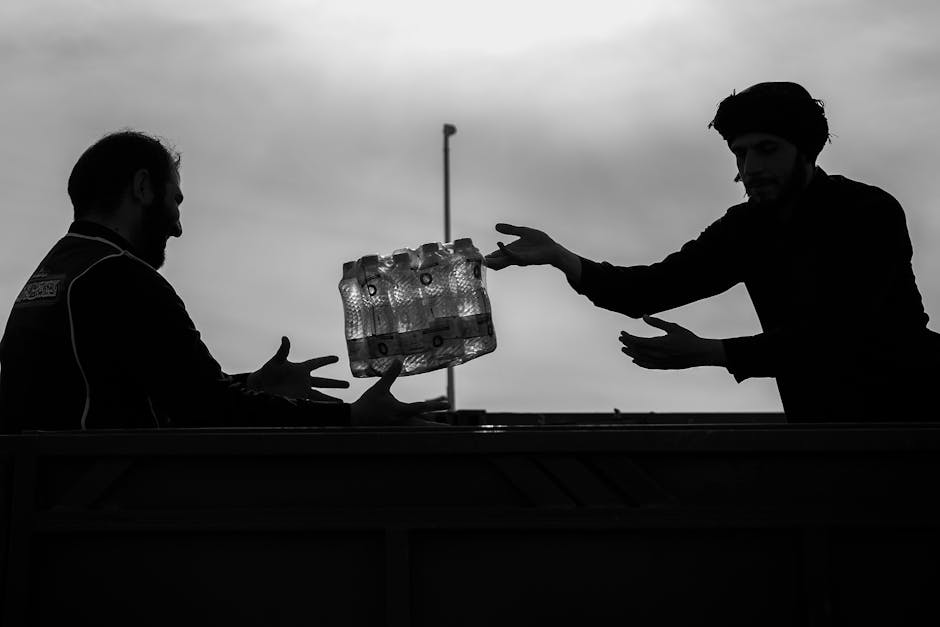Iran Declares Nuclear Cooperation with IAEA ‘No Longer Relevant’
In a significant escalation of tensions, Iran has declared that its nuclear cooperation with the International Atomic Energy Agency (IAEA) is “no longer relevant.” The statement, issued by Iranian officials on Monday, highlights the deepening rift between Tehran and the global nuclear watchdog. This development raises serious concerns about the future of the 2015 nuclear deal and its implications for global and regional security.
Breakdown in Negotiations
The announcement follows a series of stalled negotiations aimed at reviving the Joint Comprehensive Plan of Action (JCPOA), commonly known as the Iran nuclear deal. The agreement, designed to limit Iran’s nuclear program in exchange for sanctions relief, has been in jeopardy since the U.S. withdrew in 2018. Despite efforts by the Biden administration to revive the deal, both Iran and the U.S. have accused each other of inflexibility, leaving the agreement on life support.
A Growing Rift with the IAEA
Iran’s declaration appears to be a direct response to a recent IAEA report criticizing Tehran for inadequate cooperation and for enriching uranium beyond JCPOA limits. The report revealed Iran has amassed a significant stockpile of highly enriched uranium, raising concerns about its potential to develop a nuclear weapon.
Iranian Foreign Ministry spokesperson Nasser Kanaani stated, “Given the biased approach of the IAEA and its politicized reports, cooperation with the agency is no longer relevant.” He accused the IAEA of being a “tool” for Western powers, particularly the U.S., to pressure Iran.
The IAEA, however, maintains its role is purely technical, with Director General Rafael Grossi urging Iran to provide greater transparency and access to its nuclear facilities.
Escalating Tensions and Global Concerns
The breakdown in cooperation is the latest in a series of escalating tensions. Over the past year, Iran has enriched uranium up to 60% purity—close to weapons-grade—and restricted IAEA inspectors’ access to key facilities.
The international community has expressed alarm. The European Union, a key mediator in JCPOA talks, urged Iran to return to full compliance, while the U.S. warned of further action if Iran continues its nuclear escalation.
Regional and Global Implications
The collapse of Iran–IAEA cooperation has far-reaching consequences. In the Middle East, Iran’s neighbors, including Israel and Saudi Arabia, view its nuclear program as a threat. Israel has reportedly intensified covert operations targeting Iranian nuclear facilities.
Globally, the situation risks triggering a nuclear arms race. If Iran moves closer to a nuclear weapon, other regional powers may pursue their own nuclear capabilities, further destabilizing the region.
What’s Next?
The path forward remains uncertain. While diplomatic efforts to revive the JCPOA persist, the window for negotiations is narrowing. Iran’s hardline stance and expanding nuclear capabilities leave little room for compromise, and the international community is running out of options.
As tensions rise, the risk of miscalculation or unintended escalation grows. The world watches anxiously to see whether diplomacy can prevail or if the region is headed toward a dangerous new chapter in its nuclear saga.
Iran’s declaration marks a troubling turning point in the nuclear standoff, with potentially catastrophic consequences.




